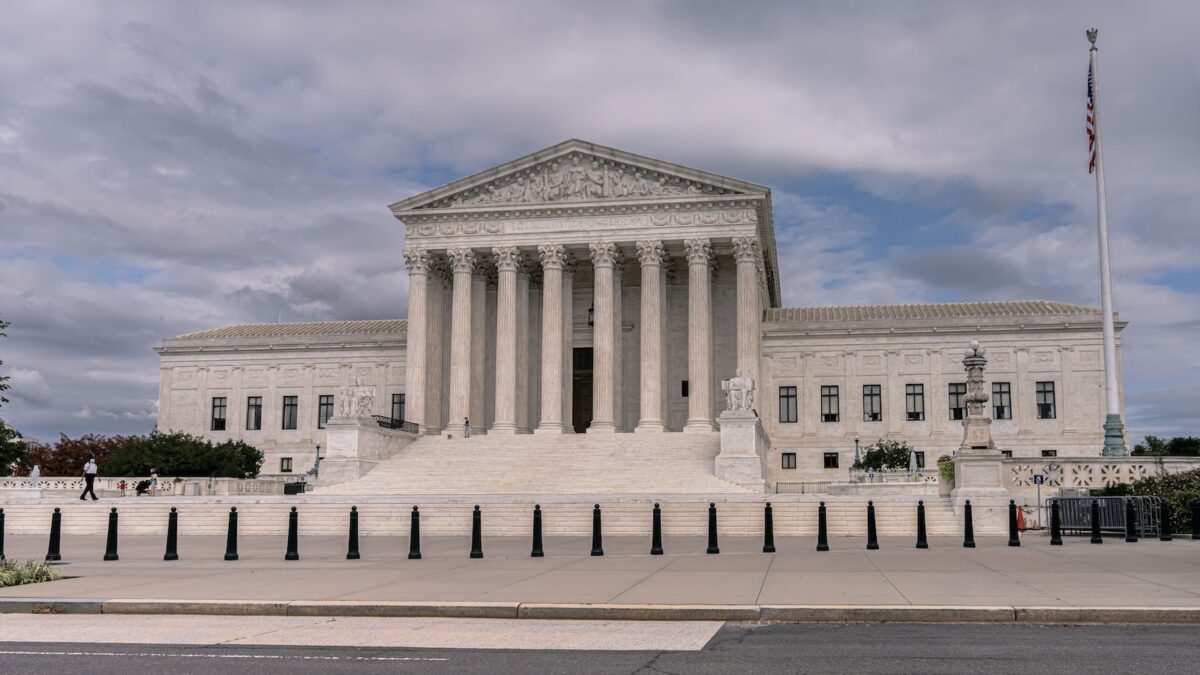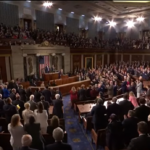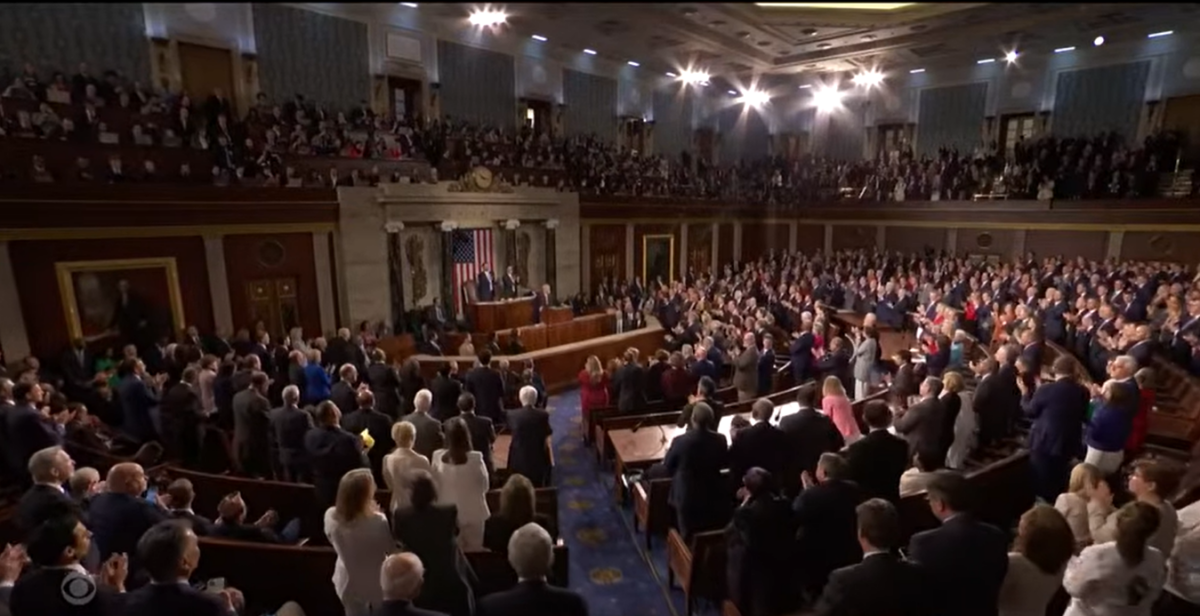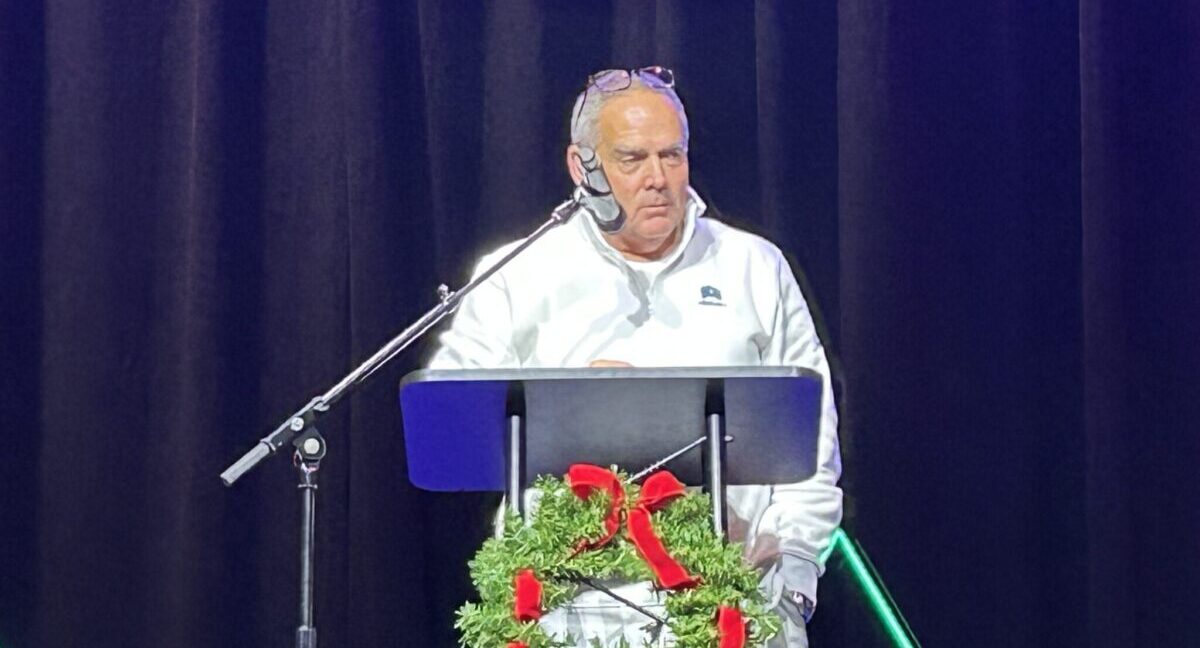The Supreme Court ruled Jan. 5 on a case involving Idaho’s abortion ban while a case involving the law is being resolved. The ruling states the near-ban on abortions will remain in effect while a case involving the law is being resolved. The court agreed to hear a challenge to the Idaho law regarding protections for emergency room physicians who might be called to perform an abortion as stabilizing care.
The announcement by the court follows a similar ruling by the 5th Circuit Court of Appeals which determined that ER physicians in Texas were not required to perform emergency abortion care under the federal law being used to challenge the Idaho abortion ban.
What is this case related to Idaho’s abortion ban about?
Idaho’s abortion ban, known as the “Defense of Life Act,” was enacted in 2020 and makes it a felony for doctors to perform most abortions, with an exception for procedures performed when necessary to save the life of the mother.
RELATED: Check out other stories relevant to faith and culture here.
The law, which took effect when the Supreme Court overturned Roe v. Wade in June 2022, includes provisions that makes it a felony for anyone who performs or assists in an abortion, with penalties of imprisonment for a minimum of two year and a maximum of five years.
The law has sparked a legal fight between the Biden administration and the state of Idaho. The Justice Department has argued that the state’s ban on abortion is preempted by federal law, specifically the Emergency Medical Treatment and Labor Act (EMTALA), which requires hospitals that receive Medicare funds to provide emergency medical care. The Justice Department’s challenge to Idaho’s abortion ban argues that abortion is implied as a necessary component of emergency medical care.
The Supreme Court’s decision to hear a case related to this law has put on hold a lower court ruling that had blocked the state’s law. The court is expected to hear the case in April, and a decision is expected by early Summer.
What was the lower court ruling?
In August 2022, a U.S. District judge agreed with the U.S. Department of Justice that Idaho’s law violated EMTALA and issued a temporary injunction, partly blocking Idaho’s law from taking effect. However, last September, a trio of judges from the 9th Circuit Court of Appeals reversed that injunction, allowing the ban to stay in effect.
That decision, though, only remained effective for approximately two weeks. The injunction was subsequently reinstated when the full panel of appellate judges opted to reexamine the case “en banc,” implying that a new, randomly selected group of judges would reconsider the case and deliver a fresh verdict. This rehearing was planned for Jan.23, but it has since been rendered unnecessary as the Supreme Court has decided to review the case.
What happens to Idaho’s abortion ban while the Supreme Court decides the case?
The Supreme Court has lifted the injunction that previously protected these doctors from prosecution in the state. Without the injunction, ER doctors are now subject to the full extent of Idaho’s abortion ban, which carries:
- penalties of jail ranging from two to five years,
- fines,
- and the temporary suspension or permanent revocation of a medical license.
They are also subject to Idaho’s civil law, which allows immediate and extended family members to sue for up to $20,000 over an abortion procedure.
What is the significance of this case?
The Supreme Court decision to hear the case related to Idaho’s Defense of Life Act holds significant implications for both the pro-life cause and conscience rights of medical practitioners.
ER physicians should not be forced to choose between violating their conscience by performing abortions and being excluded from federal programs, such as Medicare, by a manipulation of existing law under EMTALA. As Alliance Defending Freedom has noted, while emergency room doctors are capable of, and indeed manage, life-threatening situations like ectopic pregnancies, elective abortion is a different matter. It does not save lives; instead, it terminates the life of the preborn. The government should not have the power to mandate doctors to carry out such risky procedures.
The Supreme Court’s decision to review this case is potentially a step toward upholding the state’s near-total ban on abortion, which helps protect preborn life. The outcome of this case could have far-reaching implications — either upholding state level restrictions or allowing the federal government to impose and implement indirect support for abortion access.
EDITOR’S NOTE — This story was written by ERLC staff and originally published by the Ethics & Religious Liberty Commission.










